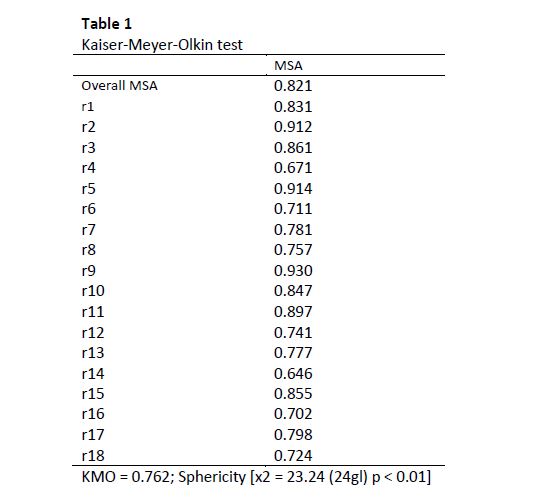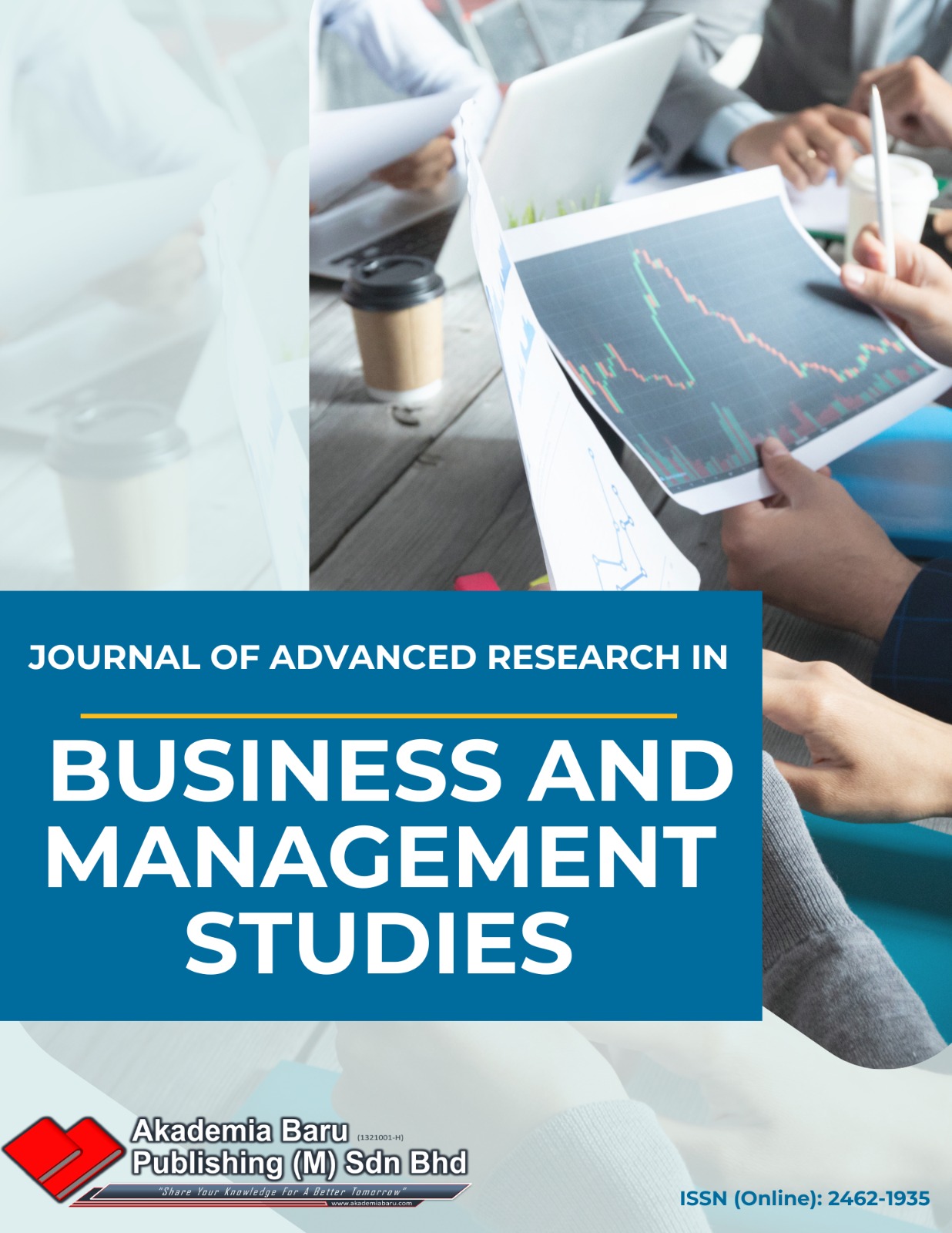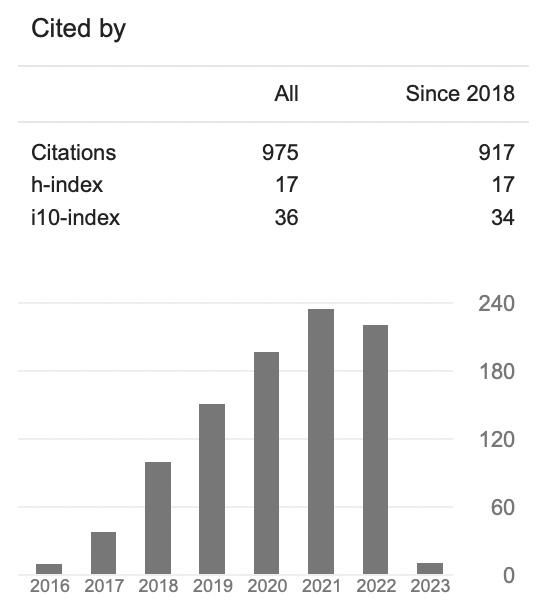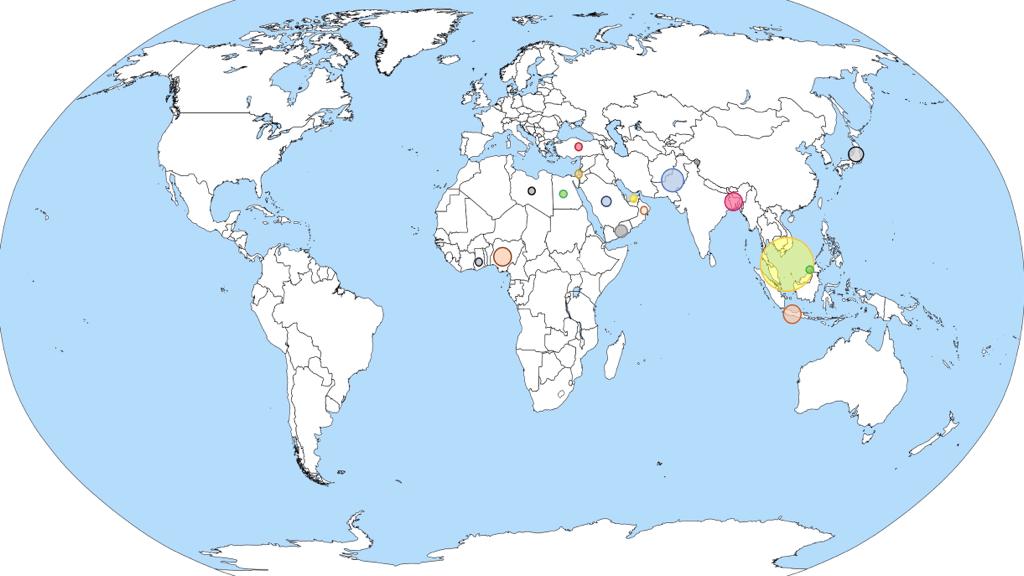Attitude toward of University at Public University Central Mexico
DOI:
https://doi.org/10.37934/arbms.37.1.1522Keywords:
COVID-19, academic training, university governance, exploratory factorial modelAbstract
The objective of the study lies in the contrasting of a theoretical model of university governance in the COVID-19 era. Given that the literature consulted warns of the impact of the pandemic on university governance, the factorial structure was confirmed. An exploratory, cross-sectional and correlational study was carried out with a sample of 180 administrators, teachers and students from a university in central Mexico, selected for their participation in the social service system and professional practices in community health institutions. Participants were contacted through their institutional email, and the confidentiality and anonymity of their responses were guaranteed. The concepts were homogenized in focus groups. The instrument was evaluated using the Delphi technique in three phases; qualifying, comparative and reiterative-reconsiderative. The University Governance Scale was applied via zoom session. The data was captured in Excel and processed in JASP. Reliability, validity, adjustment and residual coefficients were estimated for hypothesis testing. The trifactorial structure was corroborated: identity, reputation and image, although the first factor explained the highest percentage of variance and only 12 of 18 indicators correlated with its factors. The contribution of the study lies in the contrasting of the university governance model in a scenario of exposure to COVID-19, but the limit of the study lies in the non-generalization of the results to the university community.

















